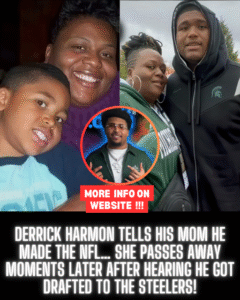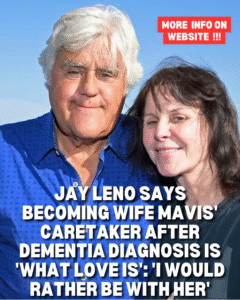When Patricia Williams welcomed her son Redd in 2012, she never imagined that sharing his first baby photos would spark confusion, cruelty, and ultimately a mission to educate the world about rare genetic conditions.
Redd was extraordinary — snow-white hair, porcelain skin, and striking blue eyes. The hospital staff marveled, and Patricia and her husband, Dale, were filled with pride. They had two blonde family members already, so at first, nothing seemed unusual.
But as the weeks passed, they noticed Redd’s eyes were unusually sensitive to light, and he had difficulty tracking objects. Concerned, Dale researched online and discovered that these symptoms aligned with albinism, a rare genetic condition affecting pigmentation and vision.
After consulting a genetic specialist and an optometrist, the diagnosis was confirmed: Redd had Oculocutaneous Albinism Type 1 (OCA1), a condition that affects skin, hair, and eye color and is associated with visual impairments.
Early Challenges and Public Scrutiny
Patricia vividly recalls those early days. Redd’s hair glowed white, almost reflecting light, and his deep blue eyes sometimes appeared red under certain lighting. Though beautiful, his unique appearance drew unwanted attention.
As Redd grew, the family experienced a spectrum of reactions — from innocent curiosity to cruelty. Online, strangers reposted Redd’s photos with mocking captions, labeling him “grandpa baby” or turning him into memes.
“It was heartbreaking,” Patricia said. “Sharing photos out of love turned into a source of public ridicule.”
When their second son, Rockwell, was born in 2018, also with albinism, the family felt more prepared. They understood skin protection, sun safety, and visual care. Yet once again, social media spread his images with cruel commentary.
From Hurt to Advocacy
Initially, Patricia attempted to remove the images online, but quickly realized she couldn’t control the internet. Instead, she shifted focus: educating people. Through heartfelt posts, videos, and real-life tips, she demonstrated the realities of daily life with albinism — sunscreen routines, protective clothing, glasses, and the joyful moments of childhood.
“Most people weren’t being mean,” she explained. “They just didn’t understand what they were seeing.”
School life presented challenges as well. Redd faced teasing, but his older brother Gage often defended him. After eye surgery to correct strabismus, Redd’s confidence soared. Rockwell followed a similar path, curious and confident, navigating the world with resilience.
Changing Perceptions Online
In 2023, Patricia shared a video of Rockwell dressed for his school’s Western Day. This time, the response was overwhelmingly positive, with comments praising his charm and appearance. Patricia used the opportunity to address common misconceptions about albinism, clarifying that individuals with the condition typically have blue or gray eyes, not red.
Through her openness, Patricia became an advocate for albinism awareness, educating other families and dismantling harmful myths. “People used to think albinism was strange or scary,” she said. “Seeing my sons as happy, normal kids changed that perspective.”
Thriving With Confidence
Today, Redd and Rockwell are thriving. Confident, joyful, and proud of who they are, they embrace their differences as strengths. Patricia continues to share insights not for attention but to inspire understanding, empathy, and acceptance.
The same internet that once mocked her children now celebrates them. Images once used cruelly have become symbols of resilience, education, and hope.
“I used to be angry,” Patricia admitted. “Now I’m grateful. We turned pain into purpose.”
Lessons in Parenting, Awareness, and Empathy
Patricia’s story highlights the importance of supportive parenting, childhood development, and online safety. Her family’s journey shows that education and advocacy can transform misunderstanding into compassion.
Redd, now a teenager, lives boldly and fearlessly. Rockwell mirrors his brother’s strength, curiosity, and joy. Patricia emphasizes: “People used to see them as different. Now they are simply Redd and Rockwell — two boys with bright futures.”
In a world quick to judge what it doesn’t understand, this family demonstrates that beauty, strength, and courage exist in every form — and that embracing differences can spark lasting change.




